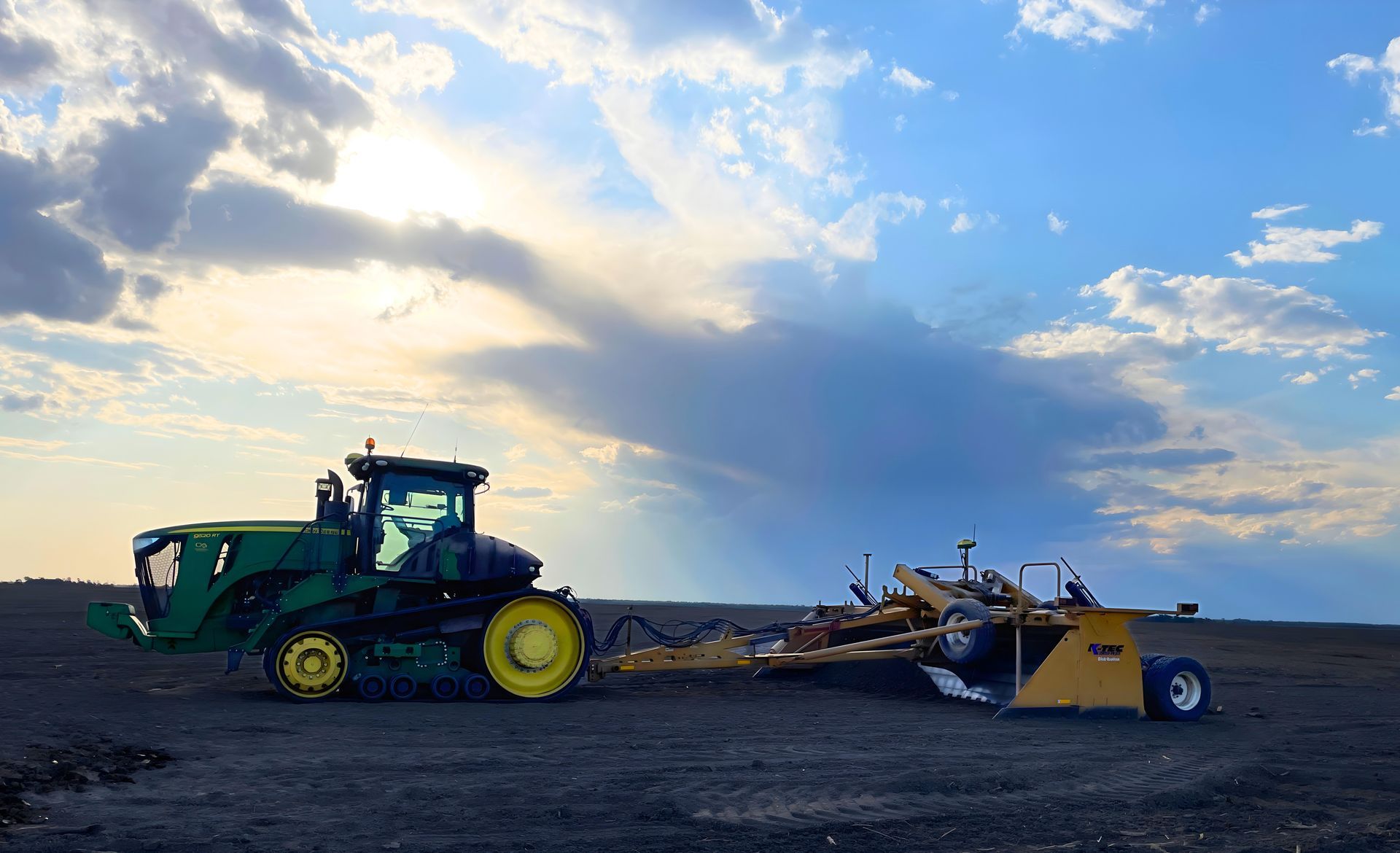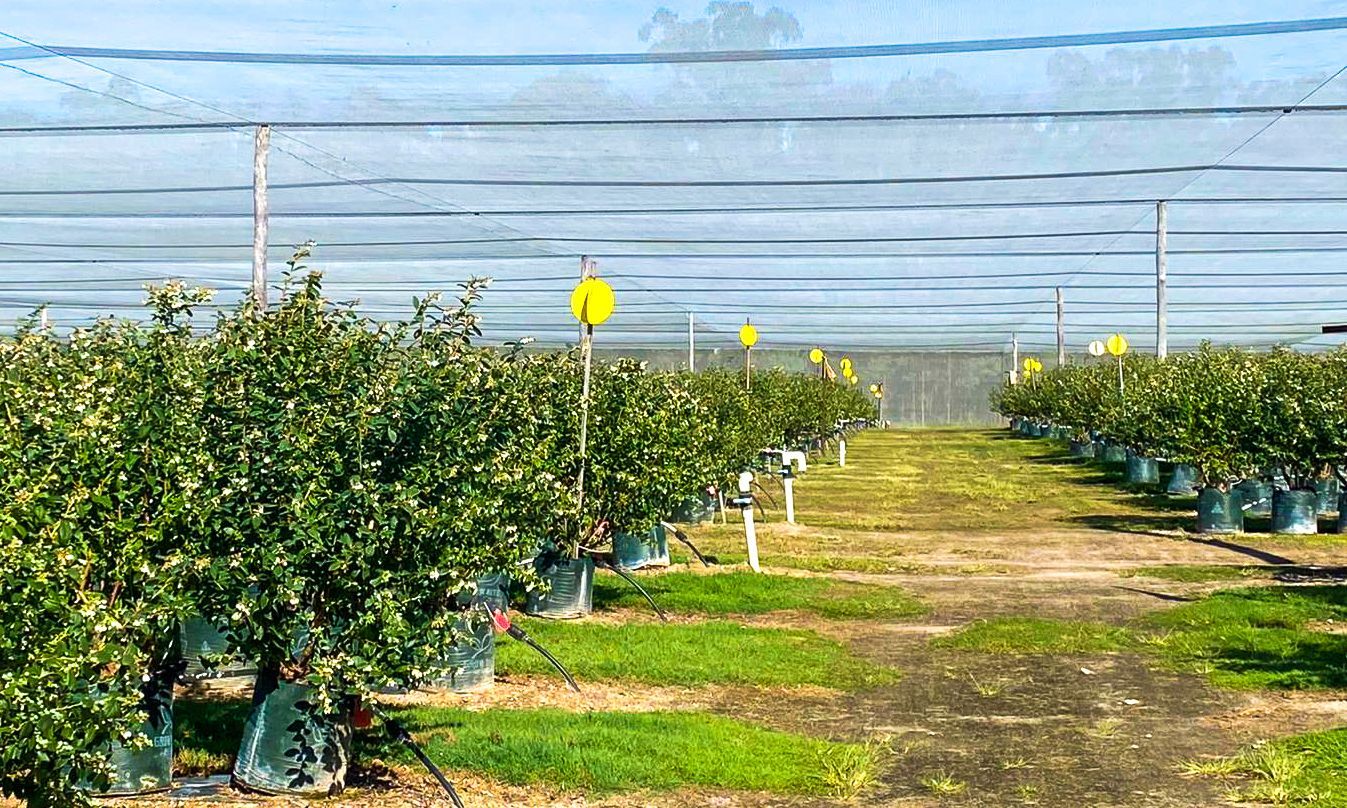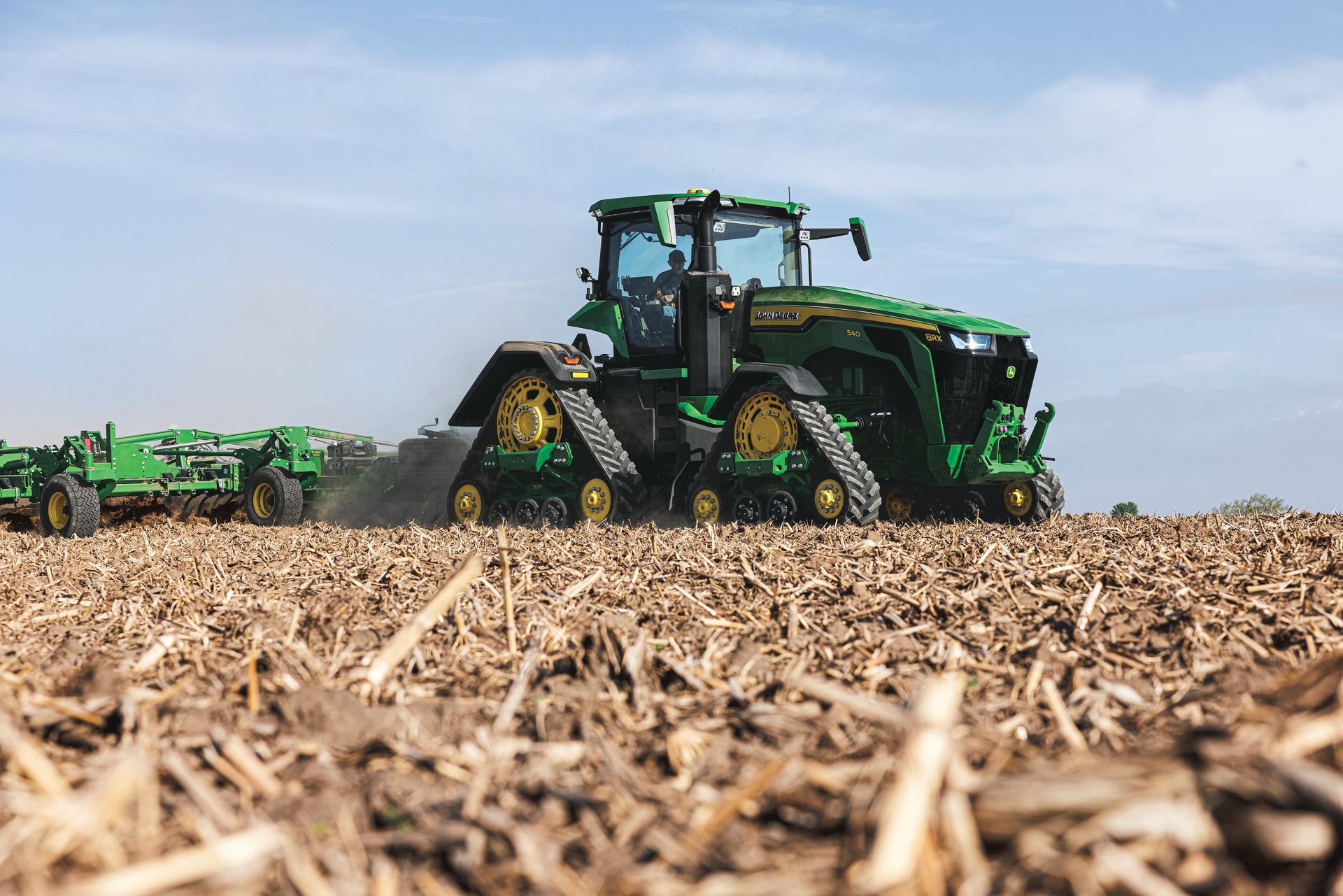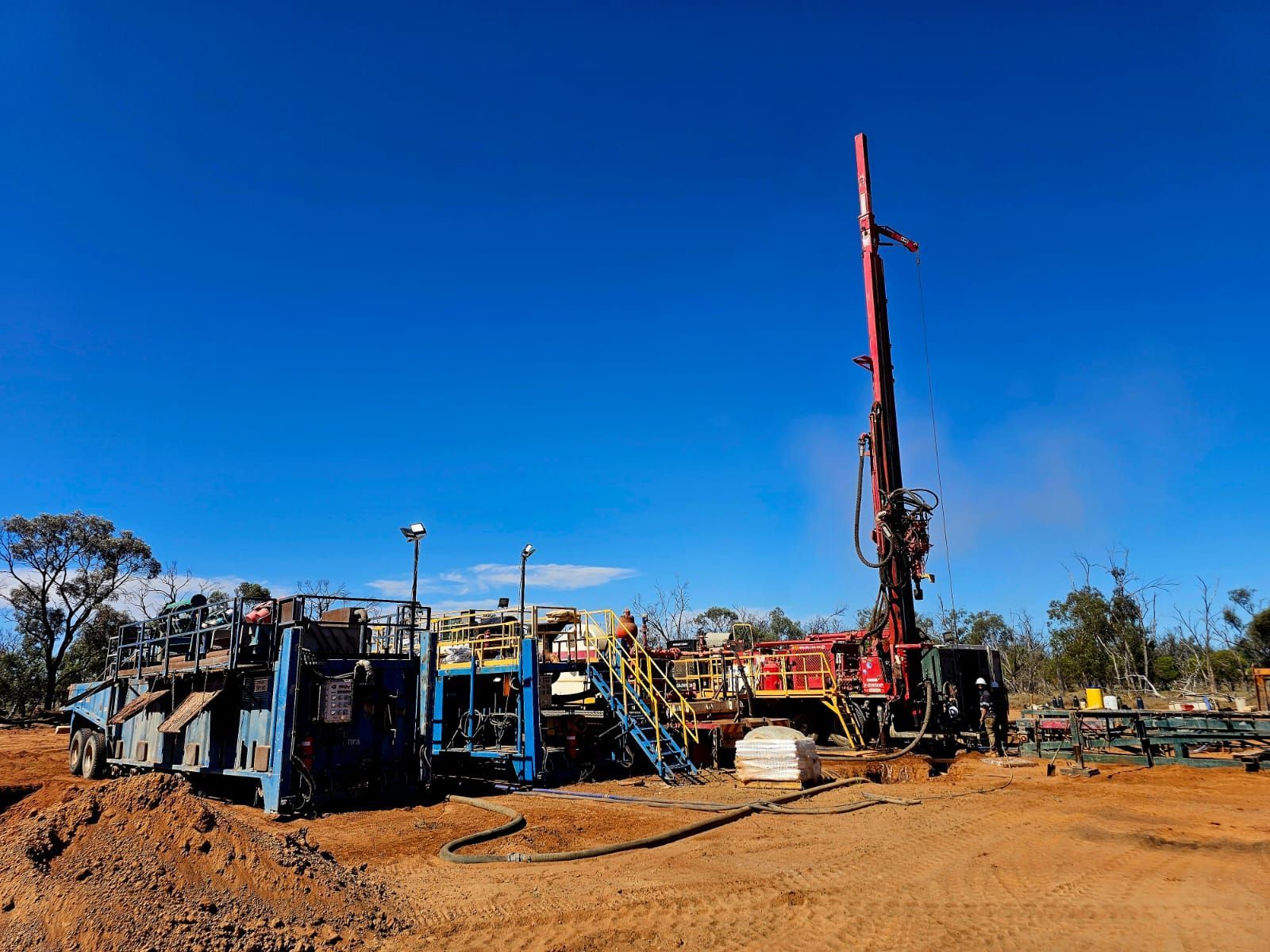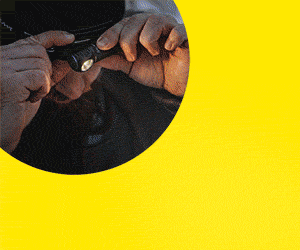1MG FlippingBooks
Social licence in the 2020s
Amid debate surrounding the live sheep export industry, Grain Producers Australia questions the veracity of ‘social licence’ concerns.
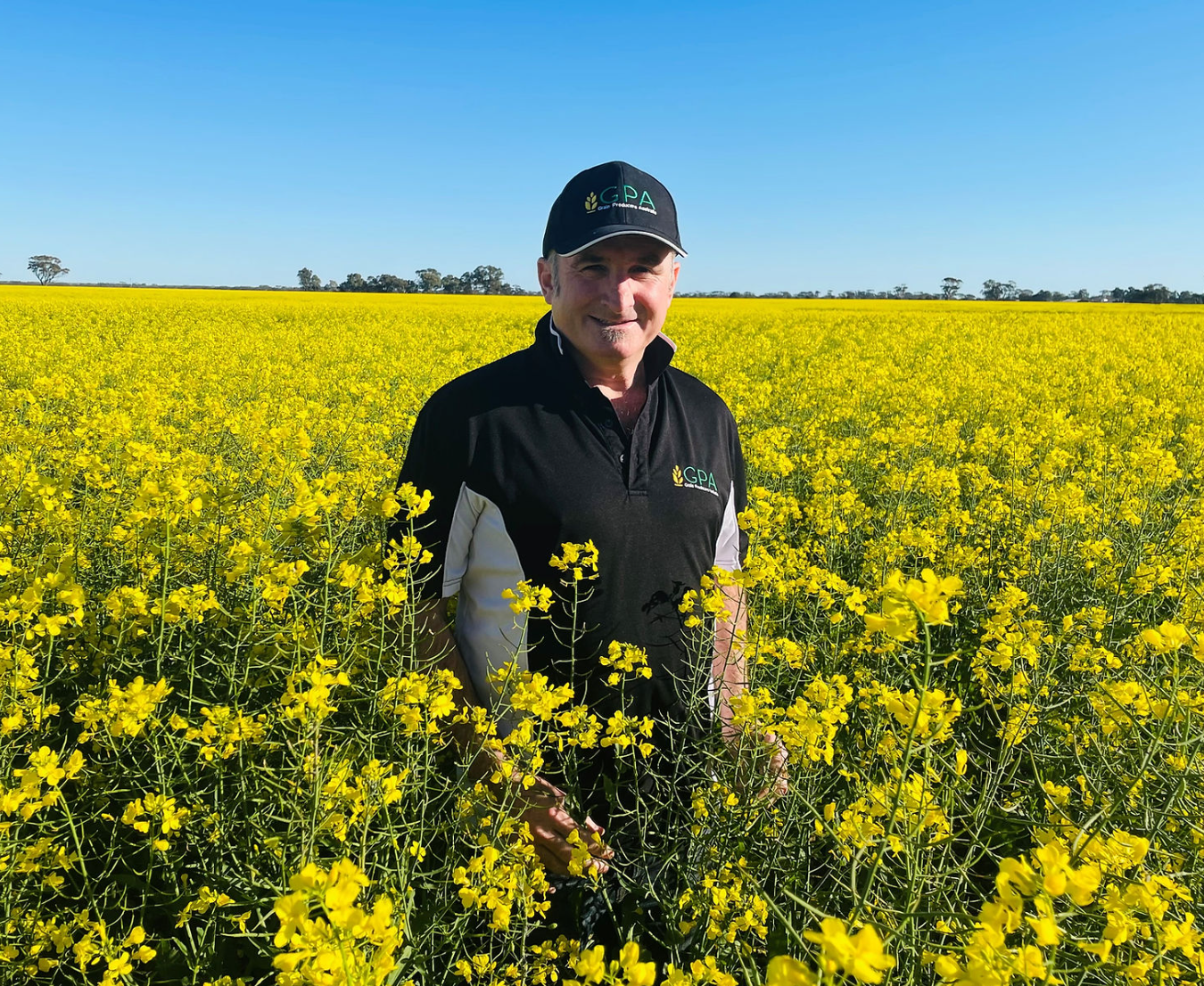
Allan Marshall recently published an excellent article outlining the important role live sheep exports play in delivering multiple benefits, especially improved animal welfare and global food security.
The Lake Grace farmer’s analysis also highlighted the industry's job-creation in rural communities, and taxation revenue that is subsequently re-invested into delivering critical public services.
"Export income provides the Australian people with the hospitals, schools, and many other ancillary services required by a modern society," he wrote.
Allan's article rightly questioned the validity of 'social licence' issues raised by animal rights activists more than five years ago via highly emotive and sensationalised media reports, which led to Labor's decision to ban the trade, if re-elected.
"The industry responded to those concerns with livestock ships being refitted to accommodate and even to the point of suspending the trade during the Northern Hemisphere summer period. The inclusion of on-board veterinary staff was introduced to monitor the health of the stock in transit and to record any deaths during the voyage. The death rate on these modern livestock vessels is now about 0.03 per cent, which is lower than on-farm natural death rates," he wrote.
So why does this closure of the live sheep trade concern Grain Producers Australia?
Firstly, many of our members are also livestock producers: they're living already with the social and economic consequences, such as vastly reduced sheep prices.
Secondly, the version of 'social licence' used to 'justify' this ban is politically distorted. That problem needs to be urgently addressed so producers have clarity and certainty in future.
Something is horribly wrong with the world when an industry that's operating with a success rate of 99.97pc (in preventing mortalities) - remembering there's no such thing as zero risk - and has responded to 'public concerns', is now being banned, to serve a political agenda.
The industry has taken its medicine from one prescribing doctor (the former Coalition government) but the new one insists the industry still has a deadly disease, despite evidence to the contrary.
The real question should be – who's issuing this licence which tolerates such a flawed diagnosis being accepted by anyone, with evidence of better health totally ignored?
Our members are watching this policy decision with intense interest, to not only try to comprehend it, but also predict what's coming next from the 'licensing authority'.
We can't continue to stand back and say nothing when such poor policy decisions are being made, contrary to facts and proof.
The new 10 per cent Biosecurity Protection Levy that's raising funds for consolidated government revenue is really another tax on growers and another example of this approach, which concerns GPA.
You have to stand up for what's right. That's why GPA made a submission to the consultation panel process on the phase-out of live sheep exports by sea. We also presented our views to the four-member panel at a public hearing in Sydney.
Our submission covered in ACM papers said the anti-farming activist agenda would be emboldened by this ban, applying its significant funding, resources, and subversive strategies to target cattle and grains.
This ban will set a dangerous precedent which would encourage other extreme activist groups targeting the cropping sector, such as those ideologically opposed to the use of fertilisers, pesticides, and biotechnology, despite heavy regulation and objective scientific evidence of their safety.
GPA's submission highlighted the points raised by Allan about the flawed interpretation of 'social licence' used to justify this ban.
The submission highlighted the "dangerous, poor precedent this ban sets for all of Australian agriculture and the broader community", arguing that it creates greater uncertainty, confusion and loss of confidence.
The submission called upon the panel process to consider the fact that agriculture requires "a clear and transparent definition of social licence to work with in future, to deliver real certainty and grow business confidence, with clearly defined meanings on key matters eg; who the actual licensing body/agent is; the communities impacted by the licence; what the actual offences are and committed by whom; standards of evidence to guide the agent's decisions; and the steps needed to remedy issues and address so called 'community concern' (ie animal welfare improvements), and maintain trust, rather than invoking blunt bans".
GPA believes that without these clear guidelines for 'social licence', Australian producers and farming industries will face even greater uncertainty, in confronting an even more volatile future.
Colin Bettles is the Chief Executive of Grain Producers Australia. This article was first published on Farmonline in August 2023.


